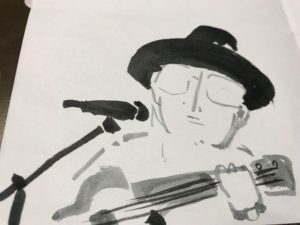A good friend of mine recently started a thread on social media about how Spotify had greatly affected online music sales generation and how many people now didn’t expect to pay for music. In recent months this has been a recurring discussion I have had with artists. One now-retired artist from the folk circuit commented that at live gigs she always could count on selling 19 CDs as well as getting the usual fee. Suddenly with the advent of streaming and online downloads, that number dropped by half overnight.
Reach in music promotion
Mediums like Spotify, YouTube and social media mean that artists have access or reach too far greater audiences than ever before. This is the good news. Unfortunately, the sheer volume of material online is at an all-time high and it is literally and metaphorically tough to be heard. In little over 12 months’ time, Spotify will be out of contract with all three major record companies, so it will be interesting to see what happens with that platform. The challenge is to manage the benefits of using these platforms for extended reach, at the same time maintaining some commercial financial viability.
My own view is that to have successful reach in music promotion you need to be working on many fronts. Yes, social media is vital, BUT let’s remind ourselves that the customer for FB and similar outlets are the advertisers, NOT the consumer and increasingly these platforms are looking to maximise profits above all other considerations. A good up to date website is essential and of course, you need to remain on the radar in people’s awareness, without bombarding people with information. Platforms like Bandcamp are worth exploring and many artists are now moving from Spotify where there’s poor financial reward to Bandcamp.
The advent of talent shows IMO fuel the aspiration of being an instant star and it seems increasingly the quality of the music is dumbed down. Of course, this is my 100% biased view and in recent years I have realised that my idea of what is “awesome” in music is not somebody doing a competent cover of a classic song, but rather the creation of some original material that captures my attention.
“Reach” does not only mean connecting to a mass audience but also connecting to individuals in a way that provokes a response. Some of my favourite artists and songs were not the ones where I immediately loved. When I first saw and heard Tom Waits playing “Small Change” on The Old Grey Whistle Test in 19702s I thought “WTF is this?” Artists have to balance the benefits of having their music available on a mass scale with the short, medium and long-term financial rewards. Its fine “to play the long game” in music promotion, but the weekly bills still need paying. I’m lucky to supplement all my music from other work, which affords me a freedom to steer my own path in what I do.
Risk in music promotion
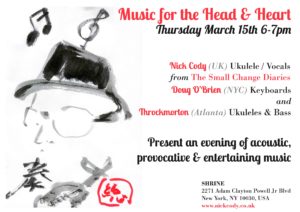 Any kind of promotion requires some form of time and money investment and that’s “the risk” factor.
Any kind of promotion requires some form of time and money investment and that’s “the risk” factor.
Personally, I have always sought to invest in the best I can afford in musical gear, studio expertise, musical education and music promotion. I pay all band members for rehearsal and studio time as well as live gigs regardless of whether the venue pays. The “risk” in music promotion is always a calculated risk and it’s never gonna pay off 100%, but for the most part, the risks have been totally worthwhile. Also, such risks will change over a period of time. These days I have what I consider to be an excellent process of writing and recording and access to many superb musicians across the two bands I record and play live with. “The Caravan of Dreams” are increasingly far removed from the ukulele world and I can’t imagine them ever playing any uke based events, as the music is more diverse and for a different audience.
There are a significant number of time and money investments involved and I’m lucky to be able to bankroll these activities from my standing as an international presenter, writer and coach. My background in business taught me a lot about rick v reward and the importance of working with like minds. It’s also essential to disassociate from people who have wildly opposing agendas. The music business is like any other business in that the success depends on good strategic thinking, planning and great quality control. The Brexit factor has also thrown a wildcard into proceedings producing massive uncertainty for artists and to date, I see very little to be optimistic about by this potential change.
Crowdfunding?
There seems to be a new trend for Kickstarter initiatives and crowdfunding. This can work, BUT there are also some potential problem issues. It seems that some artists now want to reply 100% on the public paying for their recording time. This can be problematic if backers stump up funds only then to discover the promised material is endlessly delayed or fails to manifest at all. Many people don’t appreciate that there is little recourse from the “middlemen” in such transactions and the risk is 100% with the investor. Its great to get fan support, but in recent years these kinds of requests for financial support seem to have gone into overdrive and I’m seeing the cracks starting to appear in some instances of using this medium.
Reward in music promotion
The rewards in music promotion are not just financial. As the old joke goes
“What to earn £2m in music? Start out with £1m”
A professional musician friend once asked his class of students “How much annual income do you need as a musician?” Now break this down into fees for paying gigs and other revenue sources. The key is to maintain predictable reliable income and like any business that takes time and energy. The idea of a record contract and “being signed” may seem attractive, but as with all business transactions there are pros and cons to consider…
Record Contracts?
“One of the biggest wake-up calls of my career was when I saw a record contract. I said, ‘Wait – you sell it for $18.98 and I make 80 cents? And I have to pay you back the money you lent me to make it and then you own it?’
Trent Reznor
“I had knockback after knockback before I got anywhere. After I got my first record deal I thought that was it, then Gut Records went into liquidation. I was 20. I had no idea what that meant. I had a few days to get myself out of that contract or my work would be owned by someone else. “
Jessie J
Record contracts like any other business contract can vary massively and its always smart to read the small print. In the “music business” a label will want a return on its investment and it will deem how an artist is investable. This means to a large extent they will dictate how they want to market the artist to maximise profits. That’s BUSINESS.
Some people have a very romantic idea of this type of relationship and I even heard of a new artist over the moon with signing to a new independent label where the owners didn’t take a salary. personally, this would worry me as it suggests they have not really factored in the time v money aspect of running a label and unless they are all multi-millionaires that don’t need income, then its well-meaning but not business savvy.
Here’s a link to a great article on the ins and ous of record contracts and what the terms mean – https://www.soundonsound.com/music-business/recording-contracts-explained
A personal view
 Personally, I love writing, recording and playing music live. I don’t have to rely on generating income from these activities, but I do have to be mindful of time and money implications. The rewards to date in terms of meeting, playing and recording with musicians have been fantastic. Highlights include playing a major guitar festival overseas, hearing many tracks placed on BBC introducing, running an album launch to a packed house and learning from some amazing professional artists.
Personally, I love writing, recording and playing music live. I don’t have to rely on generating income from these activities, but I do have to be mindful of time and money implications. The rewards to date in terms of meeting, playing and recording with musicians have been fantastic. Highlights include playing a major guitar festival overseas, hearing many tracks placed on BBC introducing, running an album launch to a packed house and learning from some amazing professional artists.
There have been some financial rewards but I have had a policy of always reinvesting back into the bands and in equipment and studio time. I’m “playing the long game” and am able to do so as I’m not “a professional musician” ie somebody whose primary source of income is from music.
Having spoken to friends who are professional musicians, I’m not sure if I would want to go down that route as it massively biases what I can afford to do and how I do it. That said its clear to me that many of the existing platforms for music promotion massively disadvantage the performing artist. Live venues, promoters and the public alike all seem to want to pay less and less and the dreaded term “playing for exposure” seems to appear all too often in conversations. I’m working on a new platform called “Music for The Head and Heart” that is my attempt to redress some of these issues, but its a lot of work behind the scenes and is a fair bit of time and money investment. The promotion will be mostly for those on the platform.
I have also realised that you never please everyone. When I set up “The Original Ukulele Songs Platform” its a free promotion service to artists and most were quite appreciative. Inevitably there are a few characters that insist its all for personal self-promotion and I have realised its a waste of time engaging with such folks and better to focus on working with like minds and people with good manners.
Conclusion
The “Reach, risk and reward in music promotion” depends massively upon whether you earn your living solely from music or not. I see a parallel with authors where many imagine they will make a good living from writing, but few reach that level. In these tougher economic times, predictable income is for many a real priority and life as a working musician is from what I see not an easy option. That said, it’s a fascinating inspiring journey and I wouldn’t have it any other way.
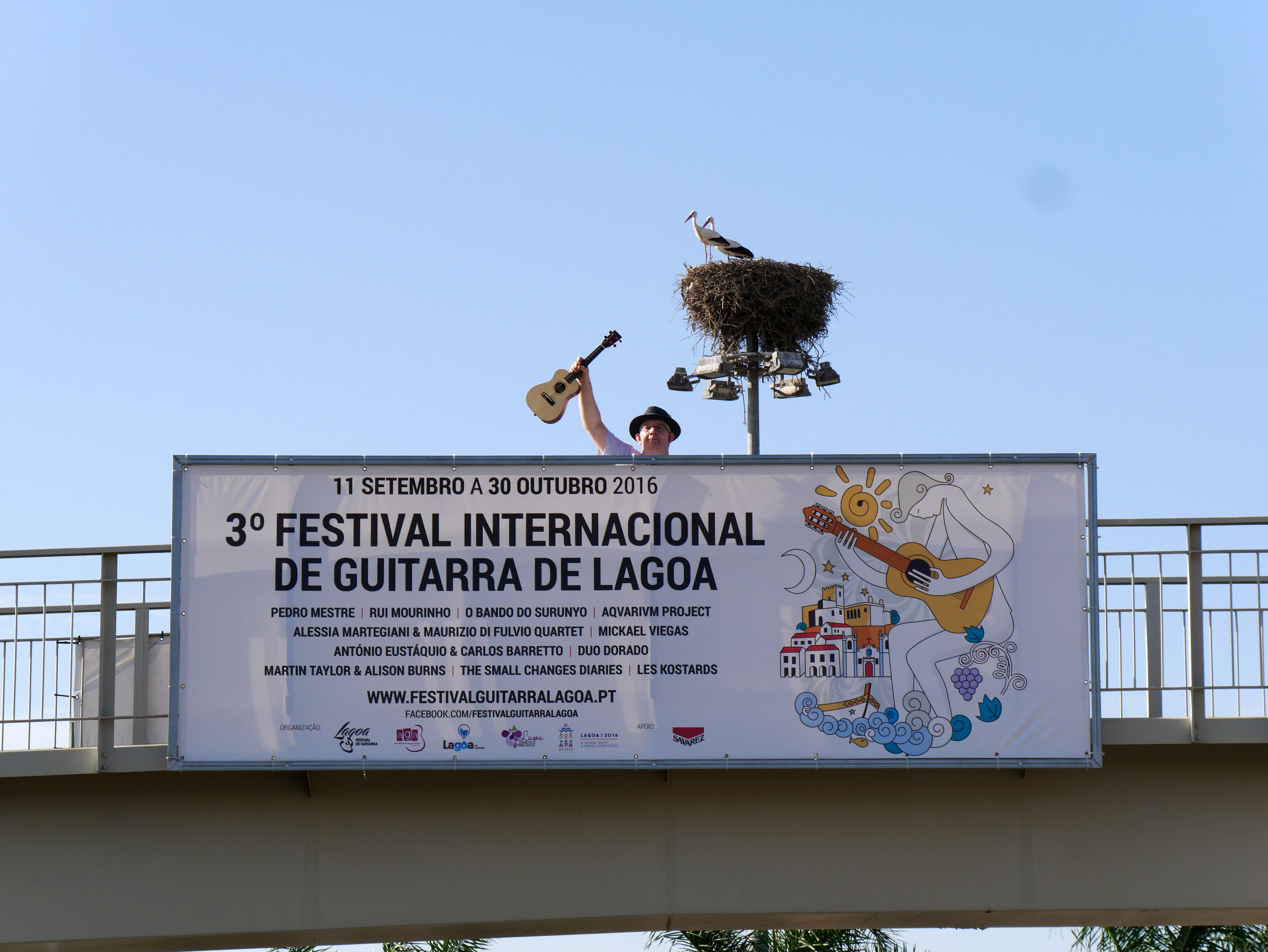
Me in Lagoa ahead of playing The Lagoa Guitar Festival in 2016


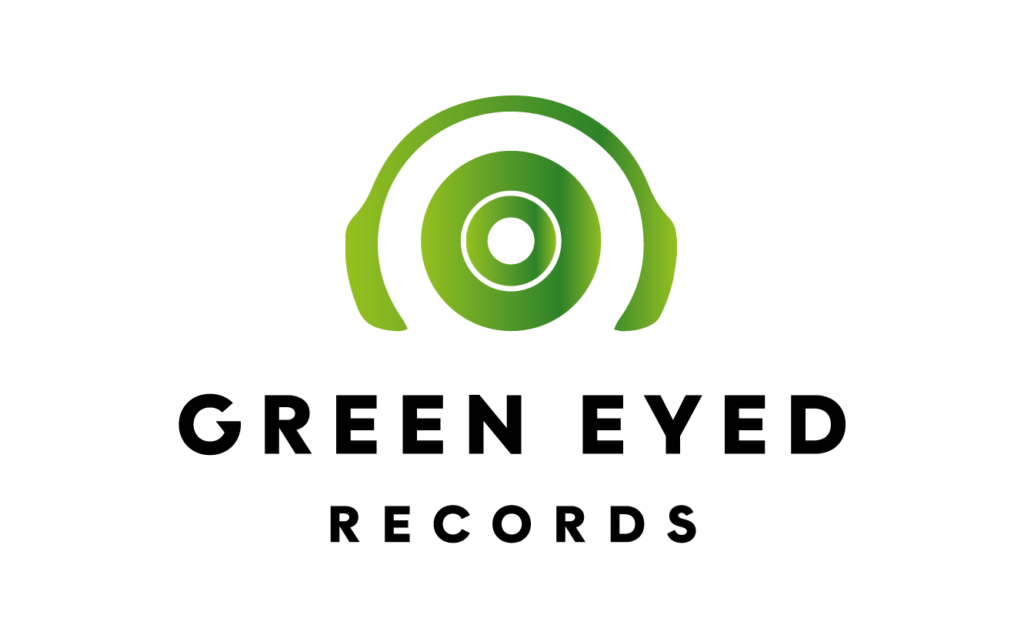
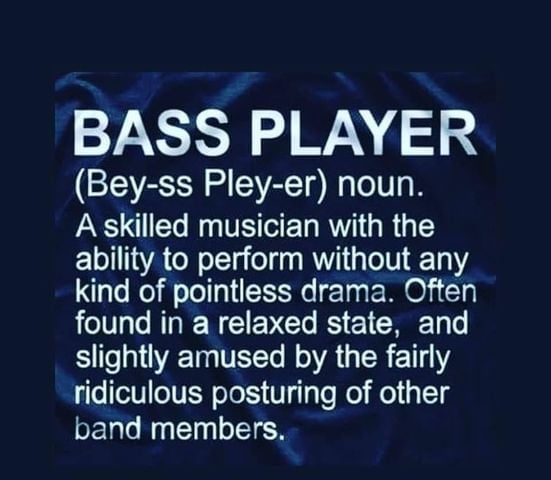
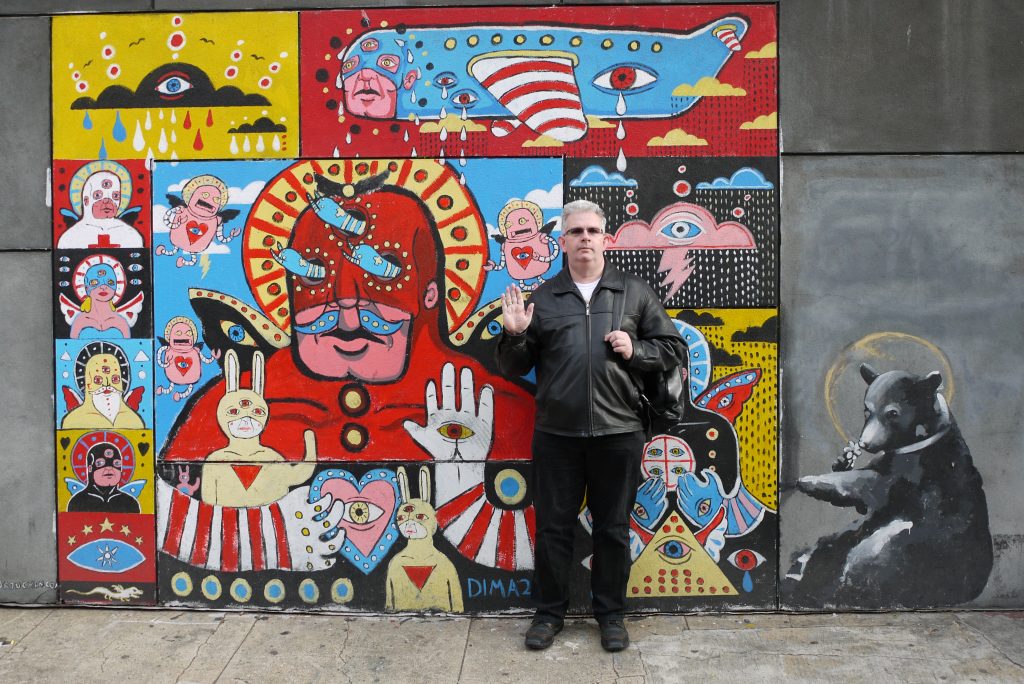


 Any kind of promotion requires some form of time and money investment and that’s “the risk” factor.
Any kind of promotion requires some form of time and money investment and that’s “the risk” factor. Personally, I love writing, recording and playing music live. I don’t have to rely on generating income from these activities, but I do have to be mindful of time and money implications. The rewards to date in terms of meeting, playing and recording with musicians have been fantastic. Highlights include playing a major guitar festival overseas, hearing many tracks placed on BBC introducing, running an album launch to a packed house and learning from some amazing professional artists.
Personally, I love writing, recording and playing music live. I don’t have to rely on generating income from these activities, but I do have to be mindful of time and money implications. The rewards to date in terms of meeting, playing and recording with musicians have been fantastic. Highlights include playing a major guitar festival overseas, hearing many tracks placed on BBC introducing, running an album launch to a packed house and learning from some amazing professional artists.
